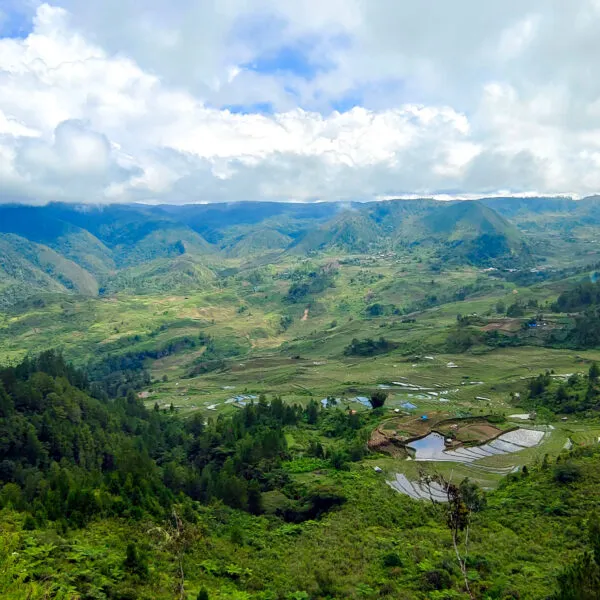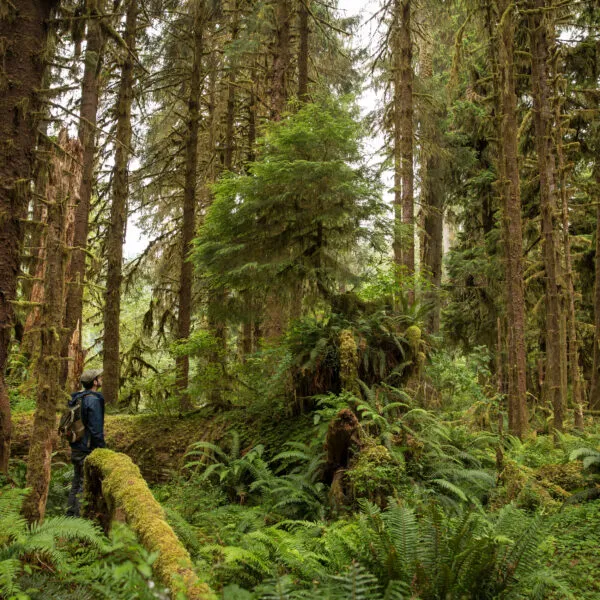Working toward Cooperative Non-timber Forest Product Management: Integrating Economic, Institutional, and Ecological Analysis to Improve Livelihoods and Forest Conservation in the Western Amazon Region, Brazil
Project Summary
Researchers with Indiana University and Universidade Federal do Acre (UFAC) in Brazil examined the importance of non-timber forest products (NTFP) for supporting family income and promoting forest conservation in the western Amazon. The analysis compares seven sites representing one extractive reserve, three agro-extractive settlements, and three colonization settlements. We used three sets of data (household survey, community, and land-use land-cover) to respond to the following five research questions:
- Which NTFP has been more economically viable in each of the community schemes?
- Have NTFPs reduced or increased forest degradation?
- How has the use of economic and forest management strategies varied among the different community schemes?
- What are the main economic, environmental, and institutional limitations in managing NTFPs within these community schemes?
- Despite the cultural, economic, and institutional differences of these three schemes, how can local communities work collectively to commercialize their NTFPs in order to improve their competitiveness at the regional and national level?
Three main results and practical applications were anticipated:
- Development of a methodology for the economic and institutional analysis of NTFPs in areas inhabited by communities dependent on forest resources. The applicability of this methodology will be tested in workshops and community meetings. This methodology will help better match certification standards and monitoring of community forests in the Amazon and other tropical regions.
- Creation of a tool to help communities plan, implement, and market their NTFPs. The tool will be tested in forest entrepreneurship and community management training workshops for approximately 35 rural producers and community leaders.
- Development of a tool to prepare business plans for areas managed by families dependent on forest resources. By applying this tool, seven business plans to manage NTFPs at the community level will be drawn up and approved by project participants.
The project provided three major results: a doctoral dissertation, multiples workshops, and several community business plans. The doctoral dissertation was submitted to the Indiana University School of Public and Environmental Affairs. Project partners included community organizations, universities, and government agencies in the state of Acre. Key collaborators of this project were the rubber tappers associations of the Chico Mendes extractive reserve and the Porto Dias, Remanso, and Cachoeira agro-extractive settlements, as well as colonist associations and unions of the Peixoto, Humaita, and Boa Esperança colonization settlements.
Project Objectives
- Evaluate the economic viability of NTFPs (palm trees, fruit, seeds, herbs, etc.) and the implications for forest conservation and the non-sustainable practice use of land.
- Develop a multidisciplinary and temporary methodology to analyze the relationship between forest dynamics, family economics, and forest management of NTFPs in diverse Amazonian community schemes.
- Examine the cumulative effects of NTFP management strategies at the community and sub-regional levels over a period of 15 years (1996-2010) in a context of state policies established to promote a forest-based economy, biodiversity conservation, forest community entrepreneurship, and the improvement of transportation to connect with the regional market.
- Help improve the entrepreneurial skills of forest-dependent communities by offering tools to economically analyze NTFPs and identify the socio-economic and environmental limitations on the management and use of local resources.
Read Francisco Kennedy de Souza’s final report.


